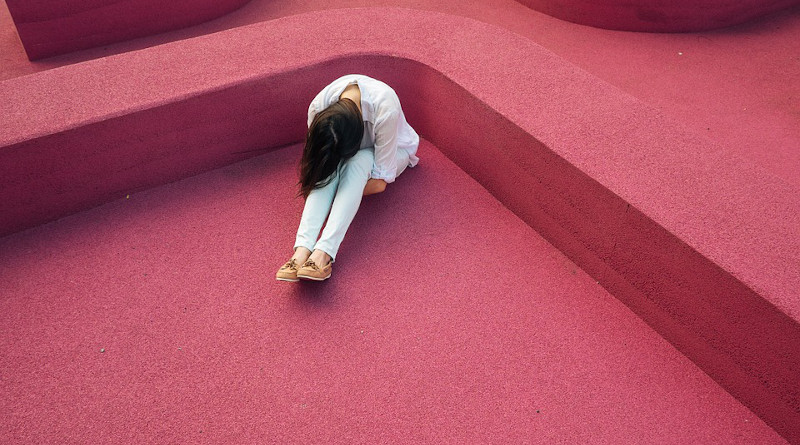Depression And Suicide – OpEd
By Dr Jose Mario Bautista Maximiano
The numbers are shocking: Around 800,000 depressed and miserable people commit suicide per annum worldwide. The World Health Organization (WHO) reports that most of this, an estimate of 75% of suicides, occurs in poor and middle-income countries. It means there seems to be a relationship between being poor and jobless—and mounting bills to pay—and suicidal behavior.
In the new millennium, at least 3 million Filipinos suffered from one kind of mental, neurological, and substance use disorder (from the 2020 Report of the Philippine Department of Health). From this number, seven Filipinos take their own lives every single day—that one depressed Filipino commits suicide every three and a half hours. And for every suicide carried out, there are a hundred more who attempt to end their dear lives by all sorts of bloody means.
However, being rich and famous or having an extravagant lifestyle is absolutely not a reliable barometer of true happiness either. Some of those in the high-income echelon of society, or those who chase after fame and fortune all their lives, thinking that these material treasures would bring lifetime delight and fulfillment, just feel empty inside. Depression and, at times, suicide make them realize that money can’t buy us happiness and that Hollywood stardom doesn’t guarantee serenity.
The dazzling galaxy of the rich and famous doesn’t always look like what it seems. Unknown to us, life is way too tough for them. Stars shine, oh yes, and they know how to enjoy the perks of stardom. However, bearing more pressure than us, some celebrities are down in the mouth.
“Depression is like wearing tinted glasses,” writes Stephen Altrogge. “Everywhere you look, things look dark. Bleak. Black. Hopeless. Helpless. When depression strikes hard, it leads to suicide.
Depressed individuals live like they are inside a pressure cooker 24-7. Borrowing the scary words of Dante Alighieri when he reached the gates of Hell, the waiting room for the suicidals says, ‘Abandon hope, all ye who enter here.'”
Consider Hollywood stars Philip Seymour Hoffman and Robin Williams. We liked it when we watched them smile a lot, not knowing they were weeping inside. They made us laugh, but they were broken in their hearts. And, mind you, celebrities at times could be cruel to themselves. They could show the world that they didn’t fear death, and too bad they sought death.
Because depression perturbs both the body and the soul, the remedy of firing up neurons into synapses or balancing all chemicals in the brain is not enough. Nothing is enough to fill in what is lacking. If I may ask, does the human heart crave for something more, say, of a spiritual kind?
I once had a chance to attend a classical concert in San Francisco, CA, featuring the old but glorious compositions of the Russian artist Pyotr Ilyich Tchaikovsky (1840-1893), acknowledged as the most impressive composer of all time. Little do people know that the celebrated composer of the greatest ballet and orchestral classics like Nutcracker, Sleeping Beauty, Romeo and Juliet, 1812 Overture, and Swan Lake suffered from manic depression and was self-tortured by an unbearable guilt about being gay. The legend whom music lovers loved was mentally unhealthy.
Michael Jackson had depression, his daughter Paris Jackson told Rolling Stone. She also revealed her own struggle with both melancholy and severe anxiety.
Isn’t suicide, much influenced by the culture of death, the very opposite of the normal survival instinct to discover a cure for cancer or, say, the hopeless search for the fountain of youth and chalice of immortality?
Because the suicide tendency perturbs both the body and the soul, the remedy of firing up neurons into synapses or balancing all chemicals in the brain is not enough. Human emptiness is not completely satisfied by medication, guidance counseling, or mental care. This is when, believe it or not, God comes into one’s anxious life (my personal opinion).
Today, with the assistance of the pathological sciences, Christianity recognizes the decreased culpability of a person in certain circumstances and the hope for God’s mercy. “Grave psychological disturbances, anguish, or grave fear of hardship, suffering, or torture,” the Catechism of the Catholic Church says, “can diminish the responsibility of the one committing suicide.” The Catholic Church now allows a funeral Mass and burial in a Catholic cemetery for those who take their own life.

